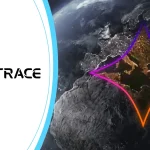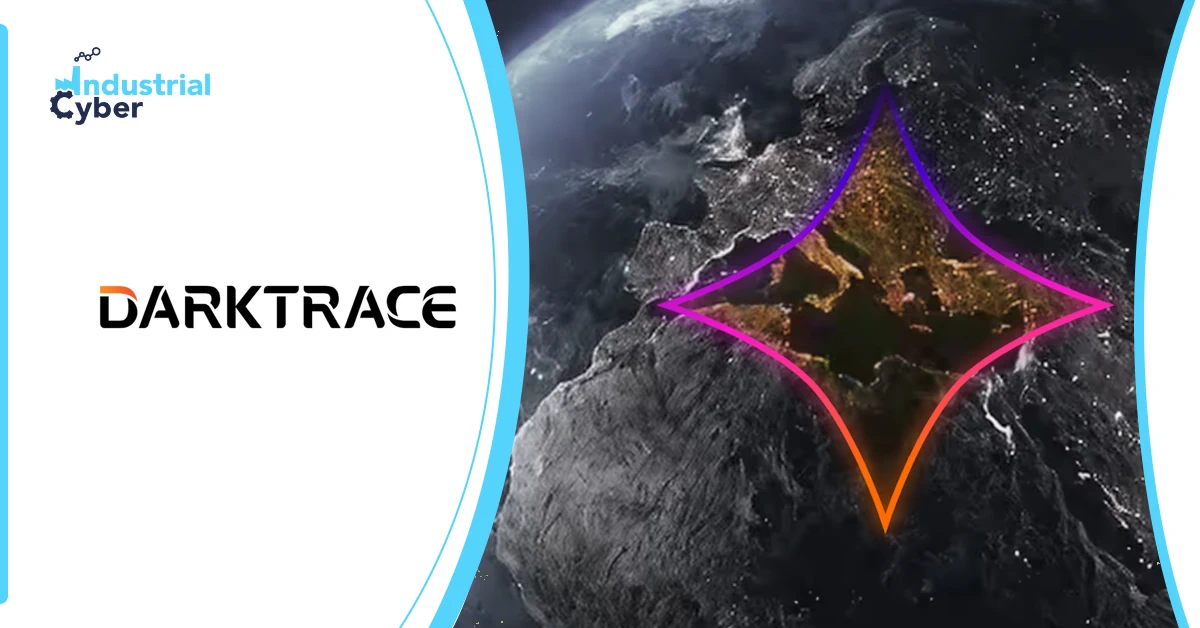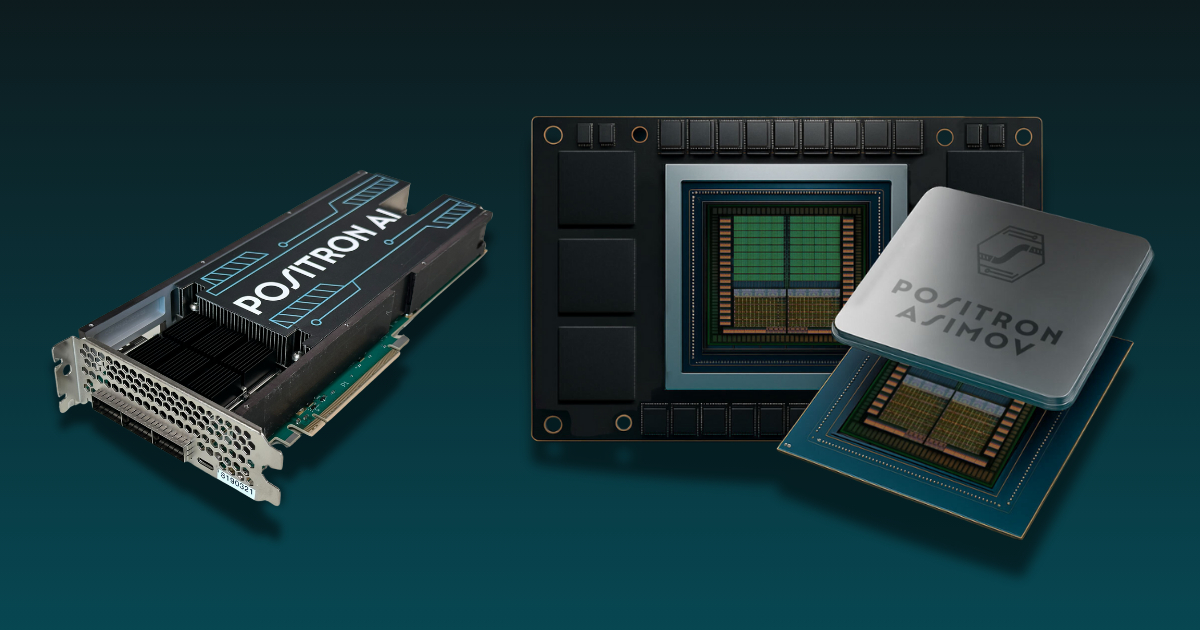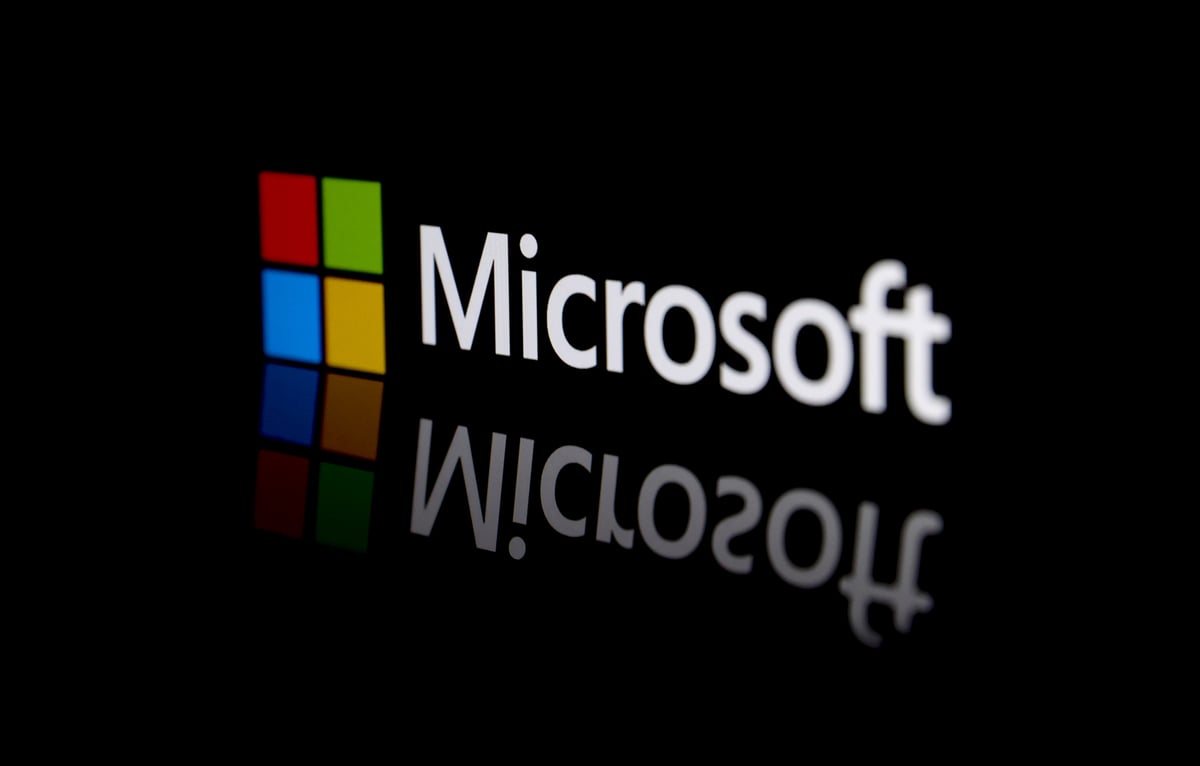It started quietly. A few meeting bots here, a transcription assistant there. However, in less than two years, AI has gone from recording minutes to actively participating in the conversation.
Today, as automatically generated summaries, action points, and even recommendations flow through business channels, a new frontier in governance has emerged that tests the limits of compliance in the world’s most regulated industries.
According to Theta Lake’s 7th Annual Digital Communications Governance Report, based on data from 500 IT and compliance leaders in the financial services industry, 99% of companies are developing AI in their unified communications ecosystems. Yet 88% say they struggle to manage AI-generated data and communications.
The rise of what Theta Lake calls “aiComms”; Content produced by or in collaboration with AI is now reshaping how risk, liability and compliance should be managed.
From Chat to Chaos: Understanding Risk and Compliance in the Age of AI
The average financial firm now operates on six communications platforms, and the number using ten or more has more than tripled in a year. Each generates data with different retention, export and security rules. Add AI on top, from automated meeting summaries to synthetic assistants, and a single conversation can split into dozens of untracked data points.
Devin Redmond, CEO and co-founder of Theta Lakesaid:
“Trying to integrate existing compliance tools onto modern communications platforms is no longer viable. The volume and complexity of communications, now including AI participants, demands a unified, cloud-native governance model.”
The implications are considerable. Regulatory fines for “off-channel communications” already exceed billions in the financial services industry, and two-thirds of companies fear their employees will continue to use unmonitored applications. At the same time, 86% are increasing their compliance budgets, a rare consensus in a space under constant cost pressure.
When Compliance and Legacy Risk Meet the Age of AI
Despite heavy investments, 62% of organizations admit they cannot easily reconstruct cross-channel conversations for investigation or audit purposes. Nearly half struggle to migrate on-premises records to the cloud while maintaining the integrity of the chain of custody.
Industry Analyst Irwin Lazar, president of Métrigiestates that this trend extends beyond finance: “More than 65% of companies plan to increase their spending on security and compliance to address growing AI threats. More than 90% have established or are considering establishing a dedicated AI compliance strategy.”
For CIOs, CISOs and compliance officers, this means that the governance model must evolve. Legacy compliance was designed for humans. The next generation must be designed for AI speakers, systems that learn, infer, and generate content autonomously.
The path to unified governance
Theta Lake’s findings reflect a broader shift in thinking about compliance. Rather than relying on point solutions for chat, voice, and video, companies are moving toward AI-native governance architectures that can analyze all modalities, as well as their AI-generated offspring, in context.
The goal is not simply to record communications, but to understand them, encompassing intent, risks and potential regulatory exposure, in real time. It’s the difference between compliance as a checkbox and compliance as a shield.
Key to remember
When the next regulatory investigation comes around, your AI assistant’s notes could be Exhibit A.
As AI becomes part of the business conversation, leaders must decide whether to seek compliance with the technology or lead with it. The winners of the aiComms era will be those who treat governance not as a constraint but as a cornerstone of digital trust.
Theta Lake Sets a Benchmark with ISO/IEC 42001 Industry First Responsible AI Certification
Last week, Theta Lake achieved ISO/IEC 42001 certification, confirming transparency and trust in its AI capabilities.
Theta Lake highlighted that the new validation makes it the first DCGA-native AI vendor to offer detailed product capabilities around transparency and explainability. For technology leaders, especially those in regulated fields, this certification helps them understand that their vendor’s use of AI is being done safely.
This announcement comes with a series of new features for Theta Lake’s AI governance and inspection suite, including the ability to detect AI jailbreak and new API endpoints that integrate AI communications with observability and security platforms.










